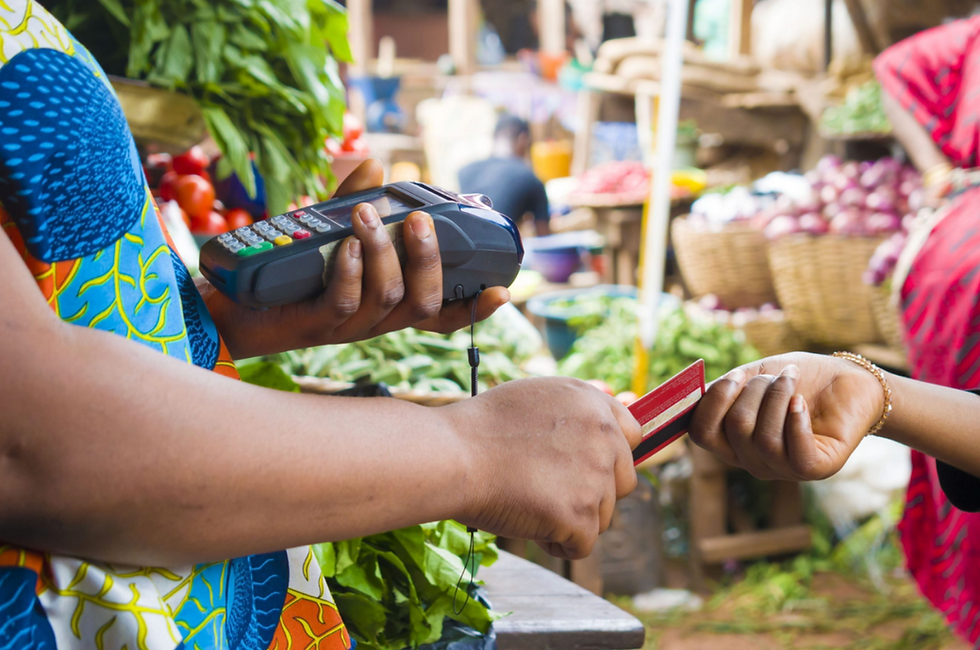REPORT: University of Miami School of Law’s Human Rights Clinic publishes report on racial justice and human rights in the Miami Dade County of Florida
- alisoncohenrtf
- Apr 18, 2024
- 2 min read
Updated: Sep 9, 2025
April 18, 2024
By Mia Cohen, intern with the National Right to Food Community of Practice and sophomore at Hamilton College studying Environmental Studies and Biology
Student-led research projects from University of Miami School of Law’s Human Rights Clinic were presented at their annual Human Rights Clinic showcase on April 16th to fellow students, professors and scores of advocacy and non-profit organizations their research is designed to support. Their research and findings have also been published in a report entitled The Sustainable Development Goals and Racial Justice in Miami-Dade County.
The report provides significant background information that examines the 17 Sustainable Development Goals outlined by the United Nations and relevant historical contexts in Miami-Dade County. The students argue that “advancing the Right to Food advances the sustainable development goals,” but more specifically Sustainable Development Goal 2. Sustainable Development Goal 2 creates the expectation that United Nation member states will work to eradicate hunger while ensuring access to nutritious foods that are grown through sustainable methods.
In 2023, the U.N. Special Rapporteur on contemporary forms of racism, racial discrimination, xenophobia, and related intolerance recommended in her end-of-visit statement to the U.S. that the Government take “urgent action to address racially discriminatory food systems…” (see page 41-42 in the report). The students’ research points out various ways in which Miami Dade County falls short of this recommendation.
For Black individuals in Florida, the most recent data available reveals a rate of food insecurity that, at 19%, is nearly double the national average. And for Black individuals in Miami-Dade County, food insecurity more than doubles (21%) compared to the state (10.6%) and county (10.4%) level for all households.
Through meetings, interviews and other engagements with the Black community in Miami-Dade County, the students found that many of the food adequacy issues that emerged were connected to a unified theme: “concern that difficulty procuring adequate food has adverse impacts on health.” The report continues: “community members specifically expressed concern for the difficulty of meeting nutritional and cultural needs essential to the Right to Food concept of adequacy. Many discussed the health problems disproportionately affecting the Black community, and wanted to take active steps to prevent these problems through nutrition choices, but expressed how their options are limited by a food system that makes consistently eating some foods, including fresh fruits and vegetables, virtually impossible due to price and inconvenient store locations.” Other issues raised by the Black community included: barriers to breastfeeding, grocery store redlining, inadequate public transportation and, perhaps most egregiously, newly minted ordinances that ban public feeding. (see pgs. 46-61 in the report).

The report then shifts to the students’ research related to topics such as housing, environmental, food, maternal and reproductive health, and educational inequities within the United States, but more specifically within the state of Florida and Miami-Dade County. Research methods employed by the students included analyzing academic databases, interviewing community leaders, and note-taking at town halls.
Congratulations to the University of Miami Law School’s Human Rights Clinic students and faculty for publishing an important report. As always, the National Right to Food Community of Practice thanks you for all of the ways you support our work with communities around the country advocating for a right to food! Read the full report here.















